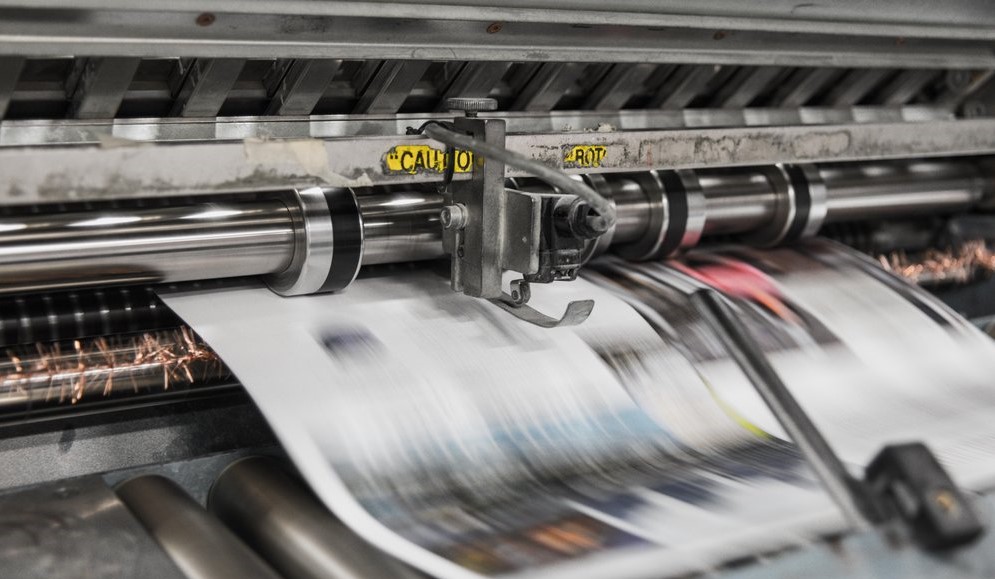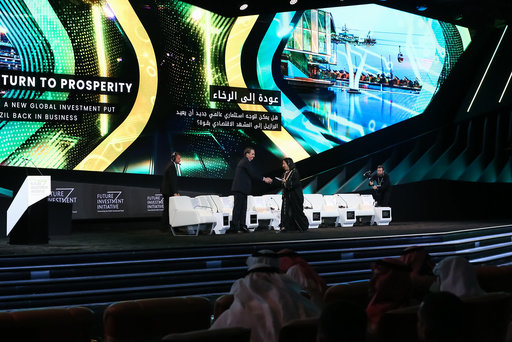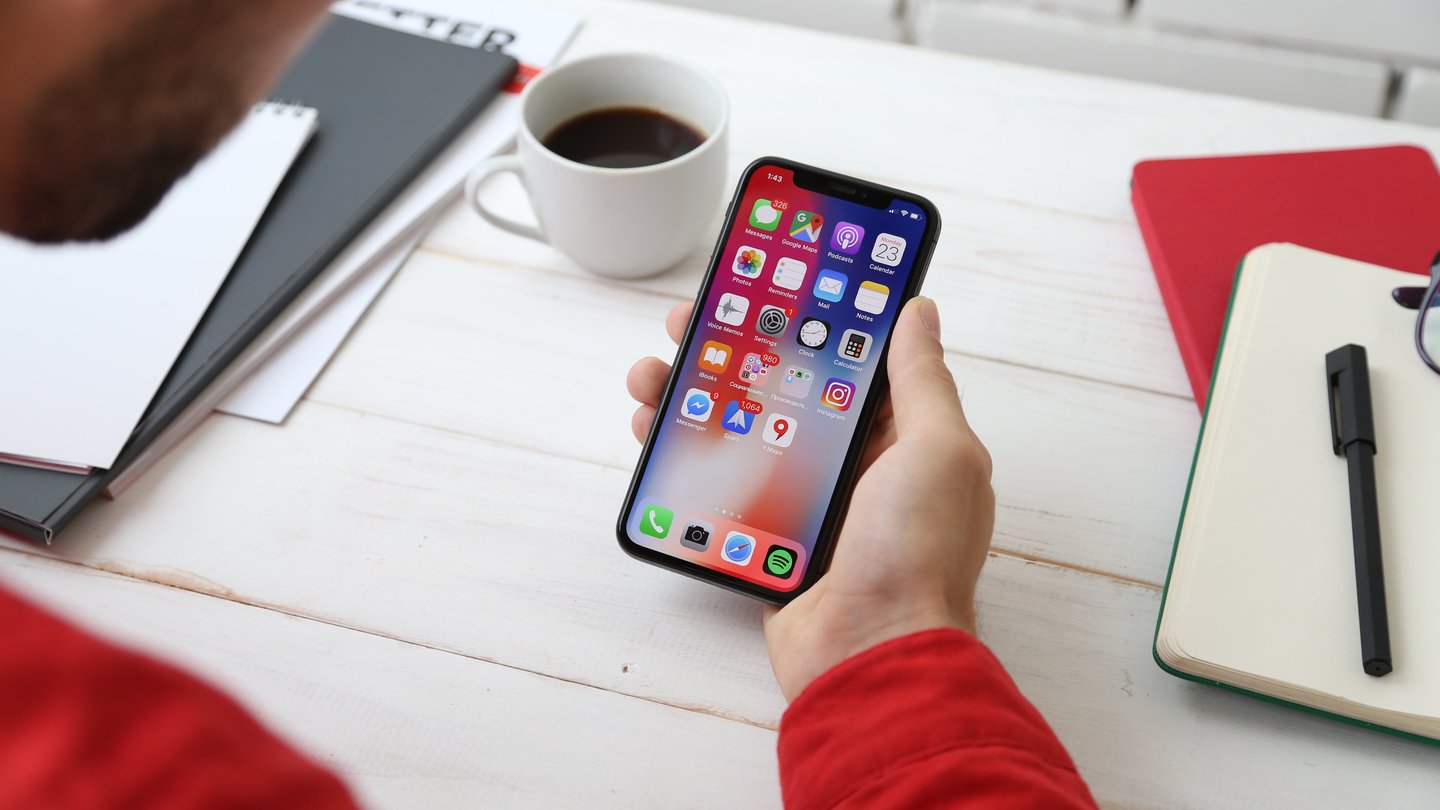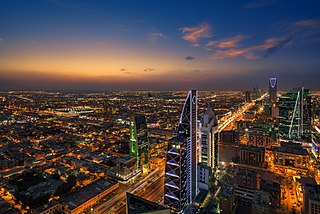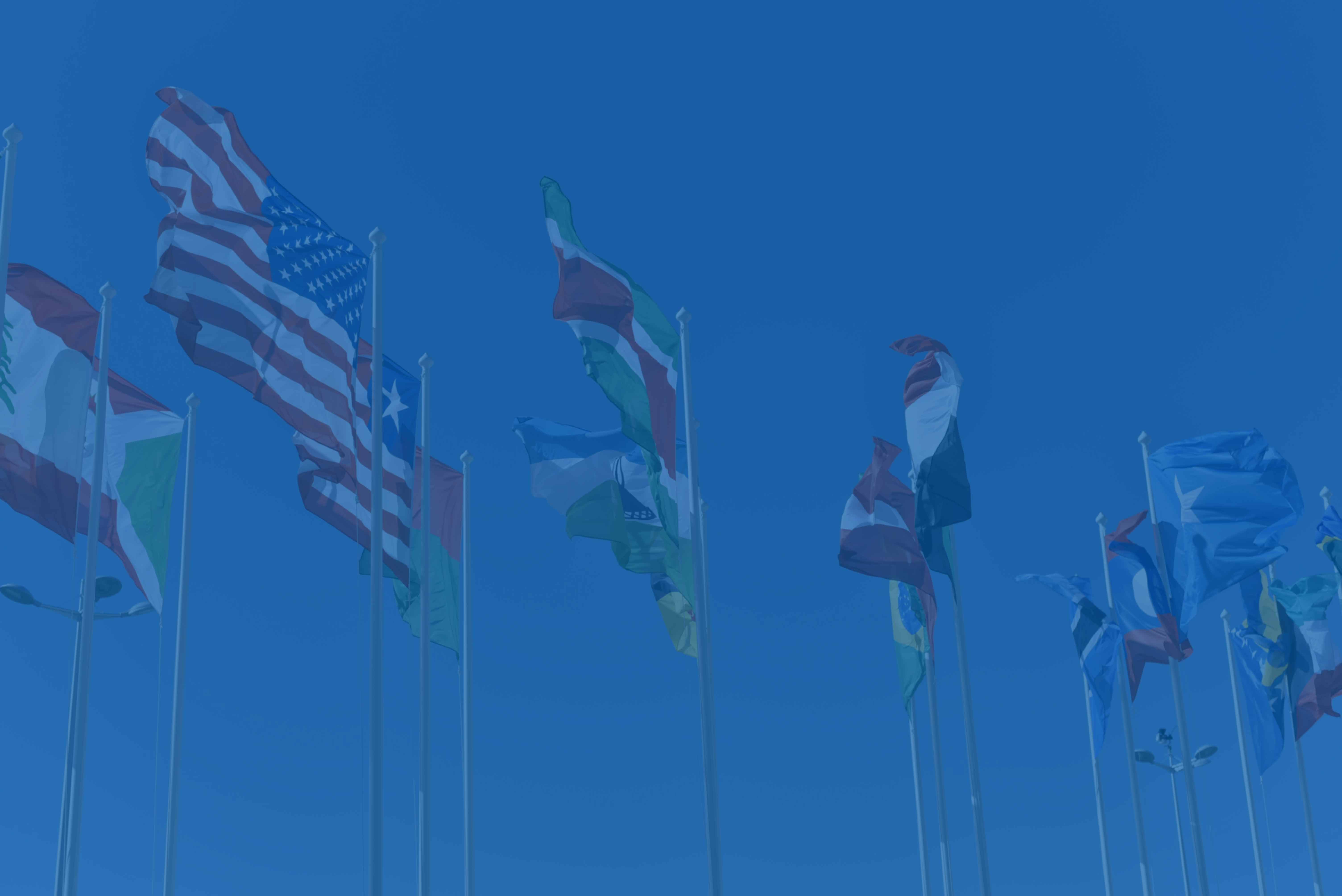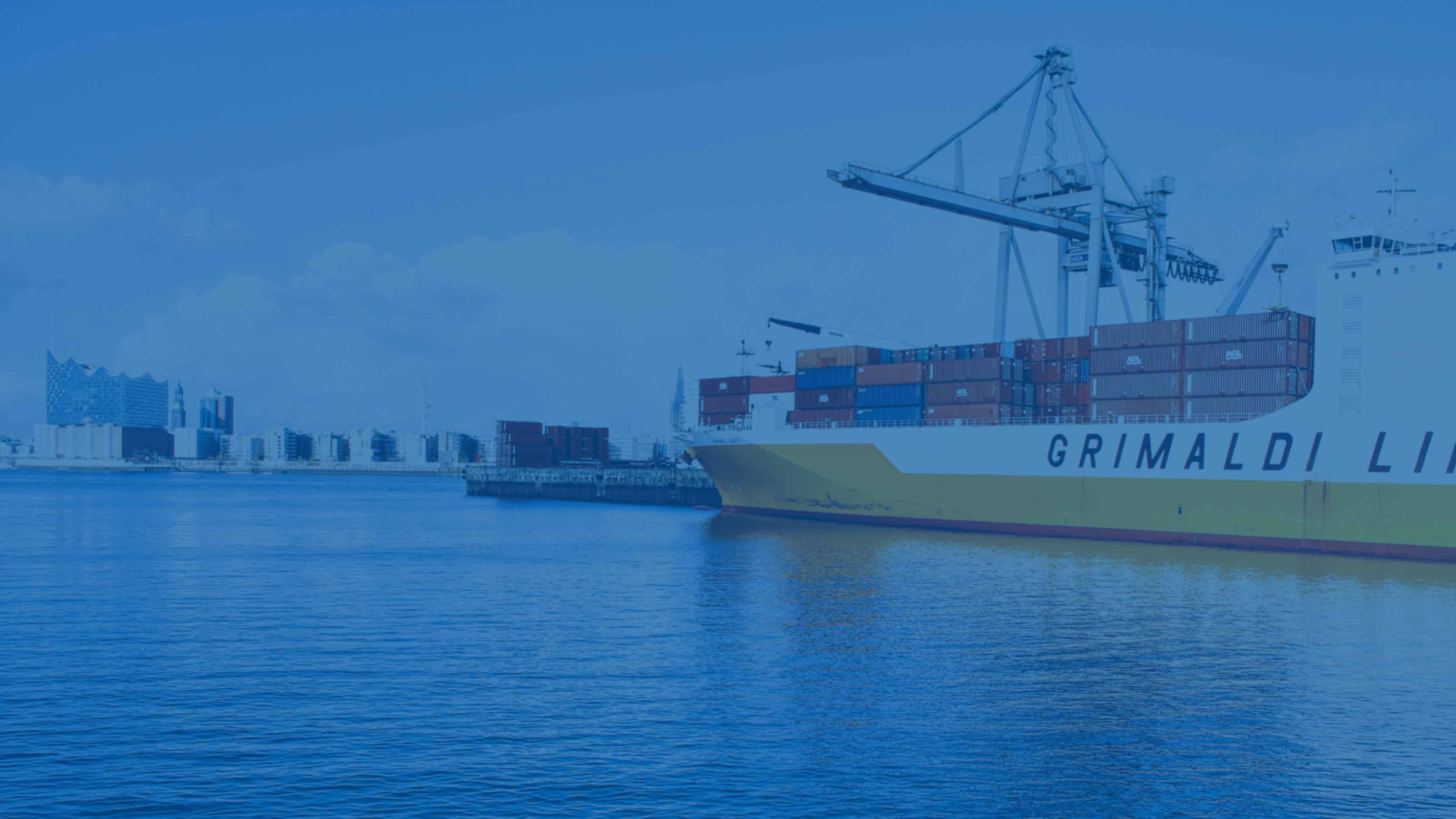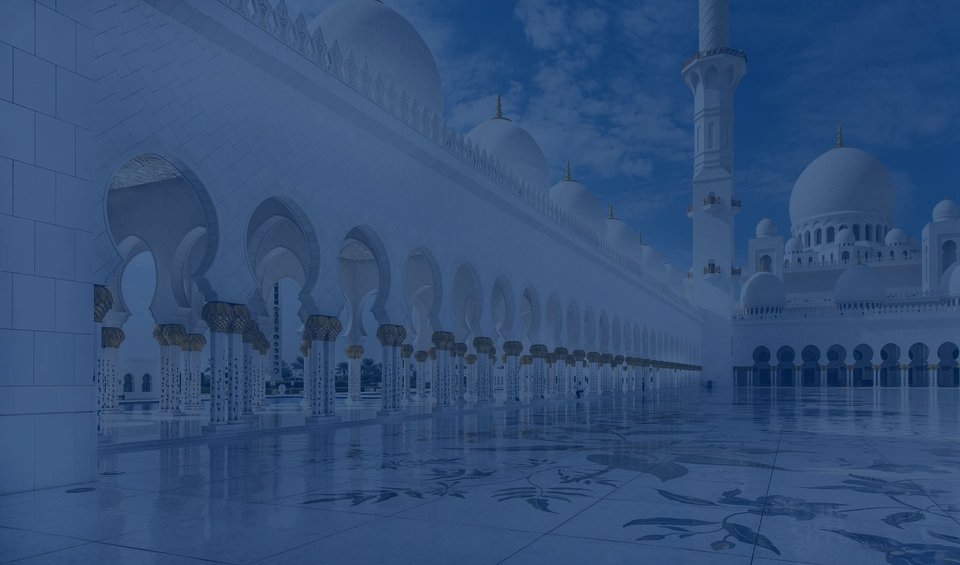Tahseen Consulting's Wes Schwalje discusses the implications of foreign media ownership
- Emerging foreign ownership structures in the media have become a convenient target for politicians looking to score political capital
- The fact that an investor comes from a country which ranks low on freedom of the press does not mean that they cannot act from a place of principle
Tahseen Consulting's COO Wes Schwalje spoke with Arabian Business about recent Saudi investment in the UK's digital news and media and the reactions it has triggered. You can read the full article here.
The Saudi ownership of UK titles is now very pronounced in London… despite the independent board structure, do you believe it’s still possible for there to be some kind of ‘soft’ influence on editorial from investors? After all, don’t investors buy up media for money and influence?
The current concerns about Mohamed Abuljadayel’s investment in The Independent and Evening Standard newspapers is an emerging form of economic nationalism which hopefully is not a externality of the political nationalism that has motivated Brexit.
Emerging ownership structures in the media and other sectors that have attracted high levels of foreign investment have become a convenient target for British politicians looking to score political capital.
Globally, journalism is threatened by declining advertising revenues and questions about institutional independence due to the growing incidence of misinformation. The unwavering editorial independence and freedom of expression of the Evening Standard and The Independent under the Lebedev’s is perhaps the best counterfactual to these concerns.
What are the dangers of international/Middle Eastern investors buying up plural papers and how can the dangers be curtailed/mitigated?
Critics of the deal fear that news organizations have become increasingly reliant on international investors which prioritize political and commercial interests at the expense of editorial independence. However, this criticism is bordering upon demagoguery.
Some of the strongest supporters of freedom of expression are individuals who lack the same freedom at home.
Similar to other global media companies, both the The Independent and Evening Standard have codes of editorial conduct which are rooted in independence, integrity, and high journalistic standards which establish an editorial policy free from commercial, political, or ownership influence. However, as the business of The Independent and Evening Standard migrates increasingly online, it might try to preempt future concerns about its ownership structure’s impact on editorial integrity and independence by following in the footsteps of Facebook in forming an independent oversight board. Presumably, the limiting of any particular shareholder’s ability to control editorial appointments and editorial matters was also in the deal terms and further reinforced in corporate bylaws and governance.
Is the culture secretary right to be concerned?
In this case, the Culture Secretary’s intervention appears motivated by personal policy preferences cloaked in legal language about public interest considerations about freedom expression and competition. The fact that an investor comes from a country which ranks low on freedom of the press does not mean that an individual cannot act from a place of principle.
The market place for ideas is inextricably linked to the marketplace for readers.
Media outlets which are purveyors of politicized misinformation, sensationalist and fake news, and poor journalism will soon face the commercial reality of automated fact checking and artificial intelligence based algorithms that downgrade their content.















